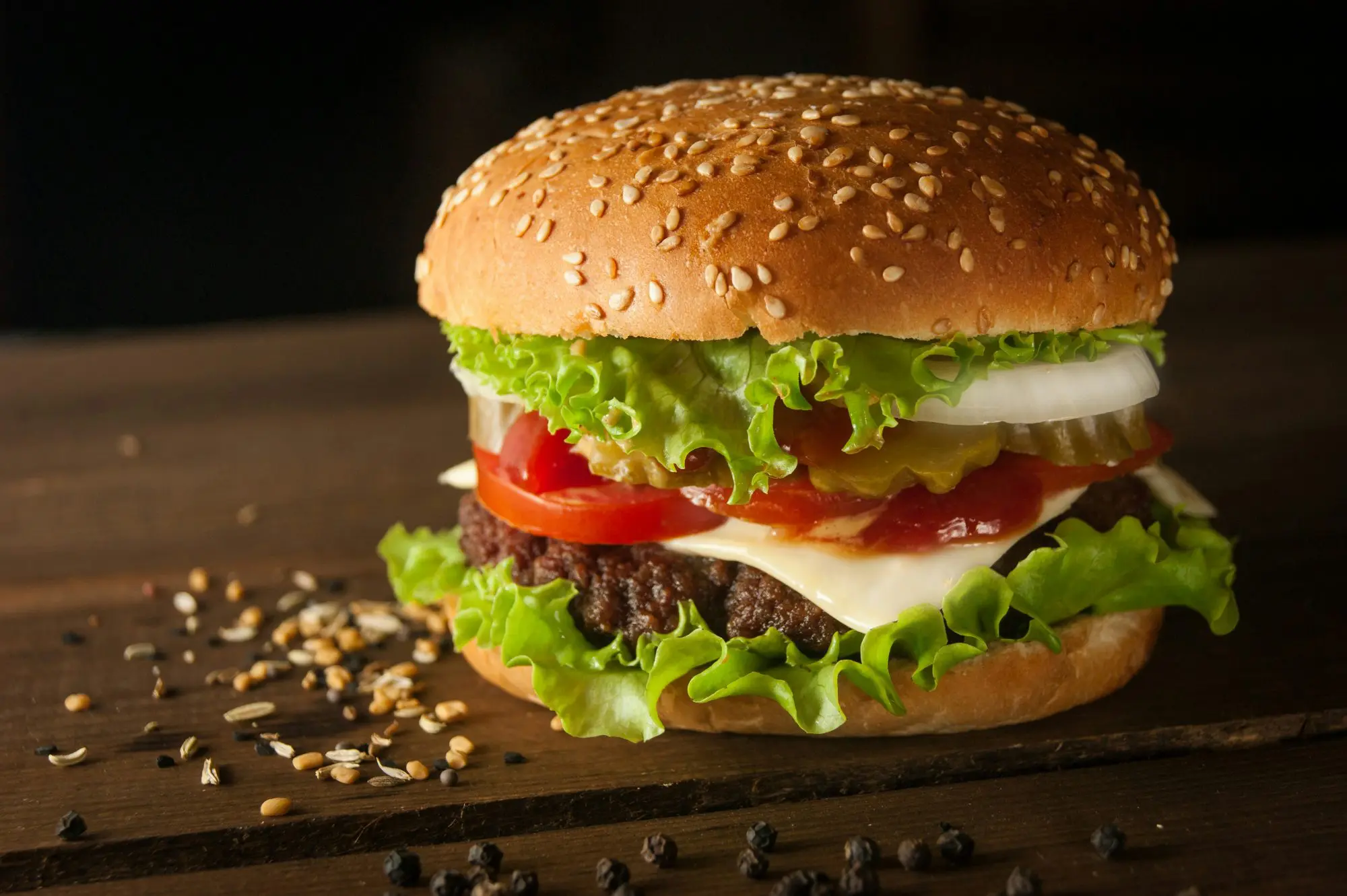GMO food has infiltrated vegetarian and vegan food production to a degree I find disturbing. Consumers of these markets (particularly vegans) seem more than acceptant as long as production doesn’t harm an animal. I argue that humans are also animals and that vegetarian Frankenfoods harm our health.
Though the McDonald’s McPlant™ is an obvious offender, my example is The Impossible Burger™. I understand a lot of people like them, and I, too, eat things just because I enjoy them from time to time. I was even listening to a Michael Pollan podcast yesterday where he said he likes them. But I don’t, so at least my argument against them doesn’t belie my behavior around eating or not eating them.
The first time I tried one, I sliced my burger in half only to see these weird strings of what looked like saliva doing a dance between the two halves as I pulled them apart. This brought to mind a rather infamous scene from the movie Cruel Intentions, and if you’ve seen it, you get my point.
I then read a long list of incomprehensible ingredients and laughed when I saw that this “burger” had exactly the same amount of fat as an average hamburger: 17 grams at the time, largely from coconut and canola oil, leaving a plant burger with an appreciable amount of saturated fat and not so yummy seed oil carcinogens.
To say that incomprehensible ingredients are not included in an Ayurvedic approach to diet is a silly understatement.
It appears that the burger has been re-engineered since my first experience with it, now having a total fat content of 13 g. The protein comes from soy protein concentrate and the canola oil has been replaced with sunflower oil. It still has coconut oil, which gives the burger 6 g of saturated fat. The “strings” are composed of methylcellulose and a “bloody” appearance upon cutting by soy leghemoglobin. The overall list is much shorter than I recall. The re-engineering may have been in response to concerns about its long list of ingredients and its health impacts, most notably, a rather scathing 2024 article in The Daily Mail pointing to a study linking Impossible Burgers to an increased risk of heart disease and diabetes.
The Impossible company appeals to people’s values based on environmental concerns, citing 91% less greenhouse gas emissions, 91% less land, and 92% less water to produce than animal beef. You can even hit a button called “measure your impact”.1 The website and its emphasis on its better (though hardly zero environmental impact) detracts from the aforementioned disease risks associated with eating something that has been specifically engineered with a similar fat content to meat.
Impossible Burgers are ultra-processed foods using ingredients that are new to the human diet, not whole foods. We don’t yet know the impact of consuming these new ingredients, and some consumer advocates question whether they should or are being regulated correctly.
The overwhelming deluge of ultra-processed vegan food, almost rabidly supported by consumers who value the lives of animals (as do I), has me deeply concerned about our future collective health. First saturated fat was the demon, then all fat, then we realized fat substitutes gave you diarrhea, now we understand sugar is bad as well as its substitutes—why, in the midst of this nutritional chaos is the market of vegan junk exploding?
It seems neither scientifically prudent nor adherent to the values of anyone concerned with the health of human beings.

